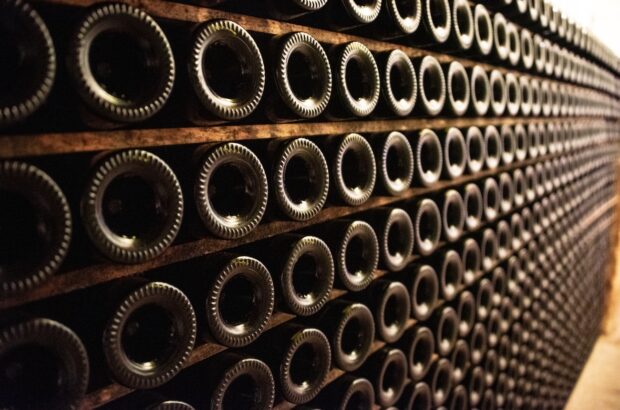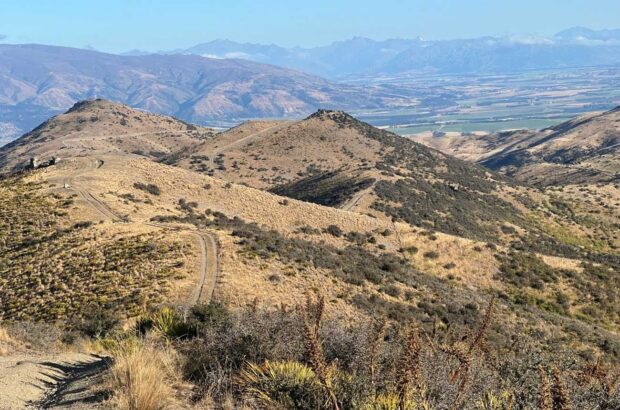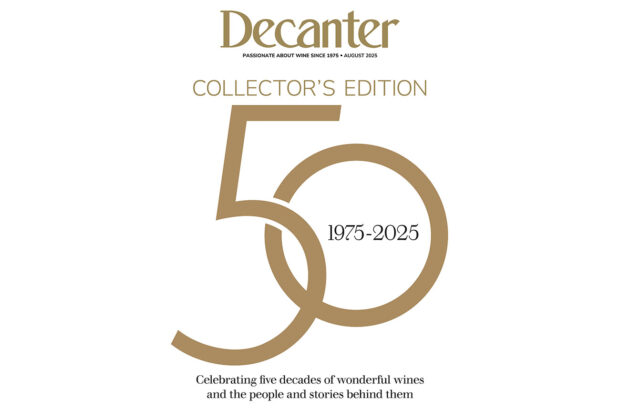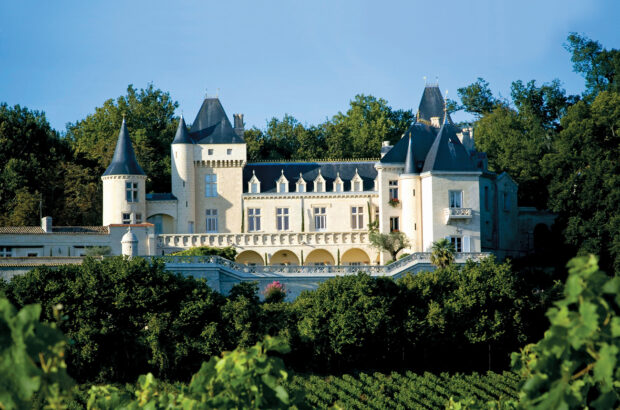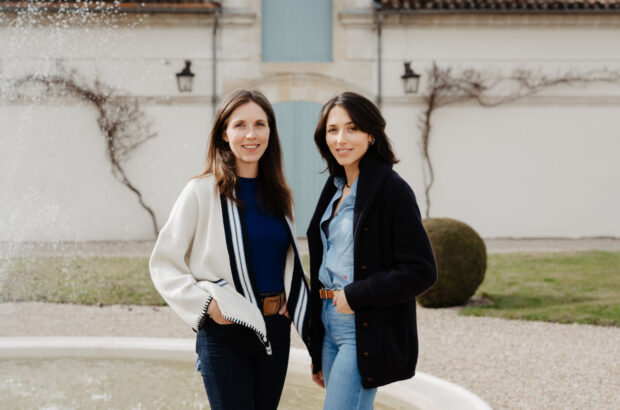French wine bureaucrats at the country's appellation office have resolved to create a definition for natural wines, in what is likely to provoke strong debate among producers.
Members of the national appellation body, INAO, met last Thursday (11 February) to discuss ways to develop a more precise definition of natural wine.
Its move comes amid signs of growing consumer curiosity in the natural wines movement.
No strict definition currently exists, and some producers differ on their interpretation of what constitutes a natural wine – and also on whether the term itself is helpful; some argue it suggests other wines are somehow ‘unnatural’, and therefore inferior.
‘The term is rewarding,’ Eric Rosaz, INAO project leader, was quoted by Agence France Presse as saying. ‘It has a strong resonance with consumers.’
The French Natural Wines Association (AVN) says natural wine must be produced through a natural process, without any additives. However, this definition of natural wine is considered too vague.
‘We are only just beginning to explore this issue because we need to clarify any areas of confusion with winemakers and consumers,’ said Sébastien Riffault, Loire valley winemaker and AVN board member
But, INAO is guarding its work closely. ‘INAO asked us not to divulge anything on this topic and has asked us to develop a proposal, but we are still in the throes of preparing our report,’ Riffault told Decanter.com.
‘We want to use European regulations on wine labelling. There is currently no requirement to state when wines contain sulphites below 10 mg / litre,’ he said.
In France, there is a growing interest in the natural wine movement among winemakers. However, imposing a definition is difficult. Several of the winemakers who attend natural wine fairs, such as RAW in London, say that they do not believe their philosophy should be reduced to ‘ticking boxes’.
In a sign of rising international interest in natural wines, RAW organisers announced earlier this month that they will take the show to New York on 6 and 7 November 2016.
Last year, RAW in London set out a ‘charter of quality’ for exhibitors, according to Decanter’s Tina Gellie, who visited the fair.
It stipulated that wines must be certified organic or biodynamic, use natural yeasts and have no additives except for low levels of sulphites – a maximum of 70mg/l, well below EU maximum levels of 160mg/l to 400mg/l depending on the wine style. Wine makers shouls also have avoided winemaking ‘gadgetry’.
Would you like to see a definition of natural wine? Do you think it’s possible to agree on one? Let us know in the comments section below.
Extra reporting by Chris Mercer & Tina Gellie. Editing by Chris Mercer.



